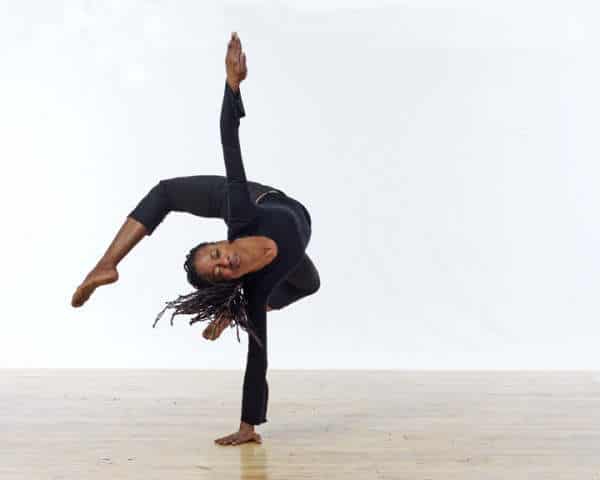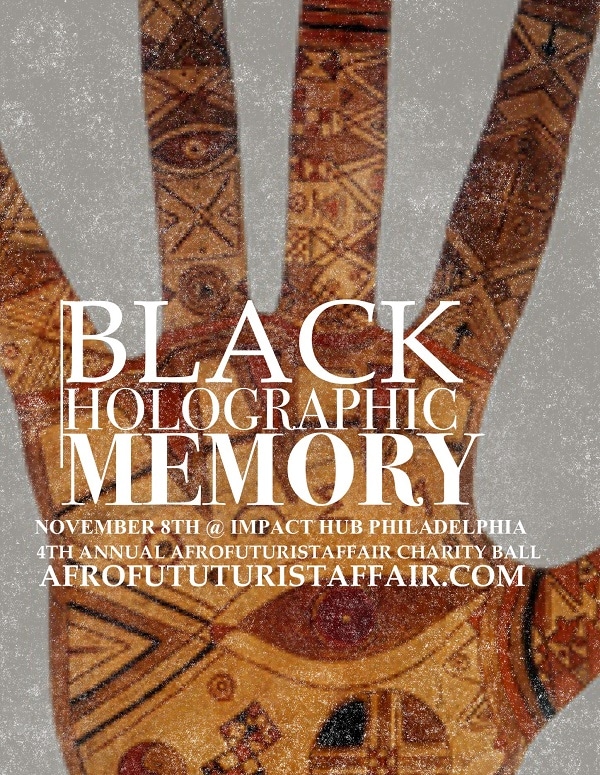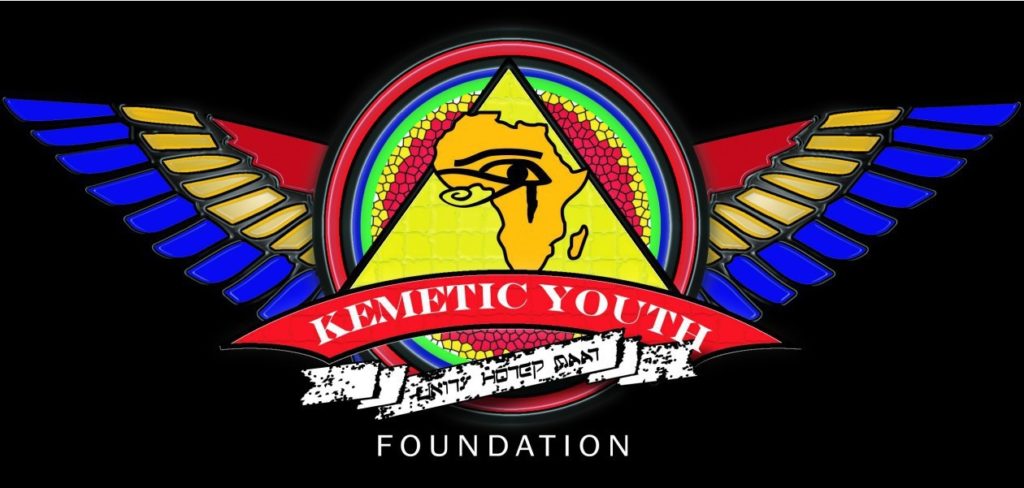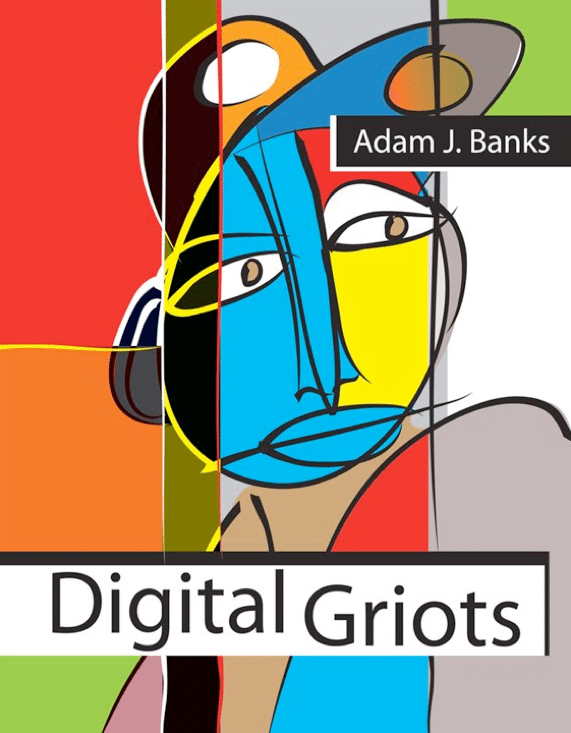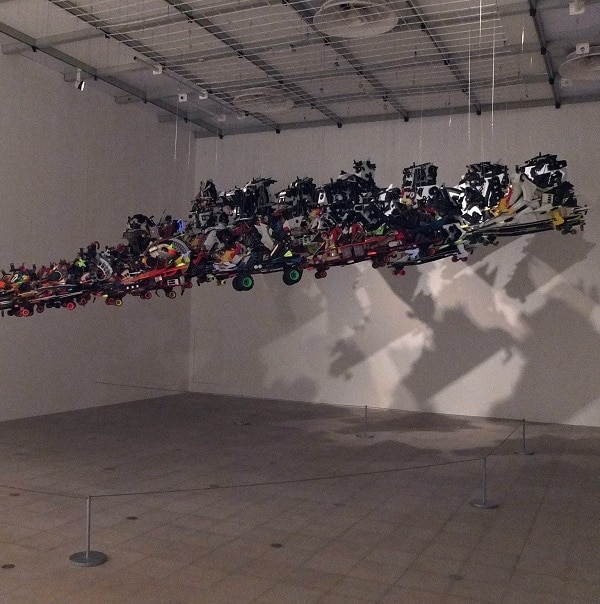(Warning: Mild nudity)
“Speech Sounds,” a dance theatre performance choreographed and curated by Makeda Thomas, explores the metaphors for art and technology that come out of Afrofuturist culture.
The dance theatre work calls on improvisation, dances of the Orishas, and Thomas’ “richly-honed” contemporary movement to ask, “What does it mean to be a performer of the present? Of the future?”
“Speech Sounds” gets its title from Octavia’s Butler’s Hugo Award winning science fiction short story about a future world “where the only likely common language was body language.” Three powerhouse performers engage a performative strategy that pushes its elements in, to, over and beyond themselves; and explores the metaphors for art and technology that come out of Afrofuturist culture. It looks at improvisation, as an exploration of the dancer’s self, and how it transitions to a shared experience with the audience. It further asks, then, what does it mean to be a performer of the present? Of the future?
Each performance, each iteration of the work exists in multiple variations, with each variation being characterized by the improvisations of the performers. In this way, the work is imbued with its own autonomous power that engages a more present performer—a future performer—in moments of infinite imaginations and re-creation. Speech Sounds is about the spaces between selves; of how individuals connect and disconnect; of isolation and companionship; of what happens when we lose that which we value the most—be that a person, symbol, idea or name; and, of arriving at a loss of words.
The choreographic work is being underscored by an ongoing global transnational historical research project that seeks new critical understandings of history and identity in the African diaspora. The research navigates through West Africa, Western Europe, the United States, Venezuela, Grenada, St. Vincent, and Trinidad.
The embodied aspects of that research explores how Orisha dance, which bears unique syncretisms of those distinct cultural histories, and as “an earthly manifestation of the divine through human movement,” is embedded into the improvisatory dance practices of contemporary dance artists and creates new choreographic, movement, and performance processes. This research, as “Bring de Power: Orisha dance as a mobile technology of African diasporic identity making,” was presented for Dancing the African Diaspora—Theories of Black Performance at Duke University in February 2014.
“Speech Sounds” is set to make its U.S. debut in Fall 2015, and is being made possible with a Performing Arts Award from Creative Capital and a fiscal sponsorship through Fractured Atlas.
Learn more at makedathomas.org/speechsounds.
Rasheedah Phillips is a Philadelphia public interest attorney, speculative fiction writer, the creator of The AfroFuturist Affair, and a founding member of Metropolarity.net. She recently independently published her first speculative fiction collection, “Recurrence Plot (and Other Time Travel Tales).”

